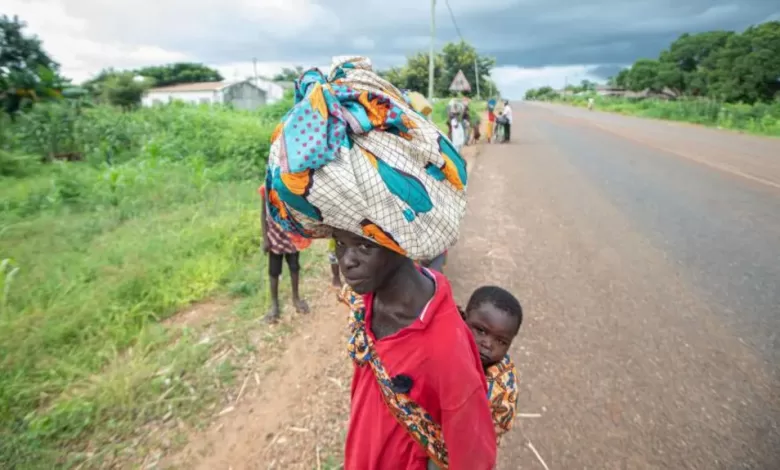Mozambique’s Ancient Forests Fuel Insurgency and Crime

- This illicit industry fuels a brutal Islamist insurgency and criminal networks
- Mozambique's rosewood is protected by international treaties
- China, despite its own ban on domestic rosewood logging, remains a major importer
In the heart of Mozambique, a shadowy trade thrives – the smuggling of precious rosewood. Valued at $23 million annually, this illicit industry fuels a brutal Islamist insurgency and criminal networks, casting a long shadow over the country’s ancient forests.
Rosewood, a catch-all term for coveted hardwoods, adorns luxury furniture in China, fueling a relentless demand. Mozambique’s rosewood is protected by international treaties, but a four-year investigation by the Environmental Investigation Agency (EIA) exposes a web of corruption and mismanagement.
Officially sanctioned logging concessions become a breeding ground for illegal activity. Poor oversight and port official corruption allow the trade to flourish, particularly in areas gripped by the insurgency. The insurgency itself, linked to ISIS and concentrated in Cabo Delgado province, has seen a resurgence in violence. This brutality, analysts believe, is partly funded by the illicit timber trade. A Mozambican government report estimates the insurgency earns a staggering $1.9 million monthly from smuggling wildlife and wood.
The insurgents aren’t the only beneficiaries. Logging companies reportedly pay protection fees to operate in insurgent-held areas, blurring the lines between commerce and violence. The EIA investigation sheds light on the scale of the problem. A massive shipment of 10,000 tonnes of rosewood, including the threatened pau preto species, was traced from Mozambique to China. Part of the shipment violated the country’s ban on exporting unprocessed timber.
This environmental plunder isn’t just about profit. China, despite its own ban on domestic rosewood logging, remains a major importer. Mozambique has become its top African supplier, raising concerns about lax import controls.
The story of Mozambique’s rosewood trade is a cautionary tale. It exposes the devastating intersection of environmental destruction, violent extremism, and unchecked greed. Urgent action is needed to break this cycle. Strengthening governance, tackling corruption, and implementing stricter import controls are crucial steps to protect Mozambique’s precious forests and combat the insurgency that feeds off their destruction.






